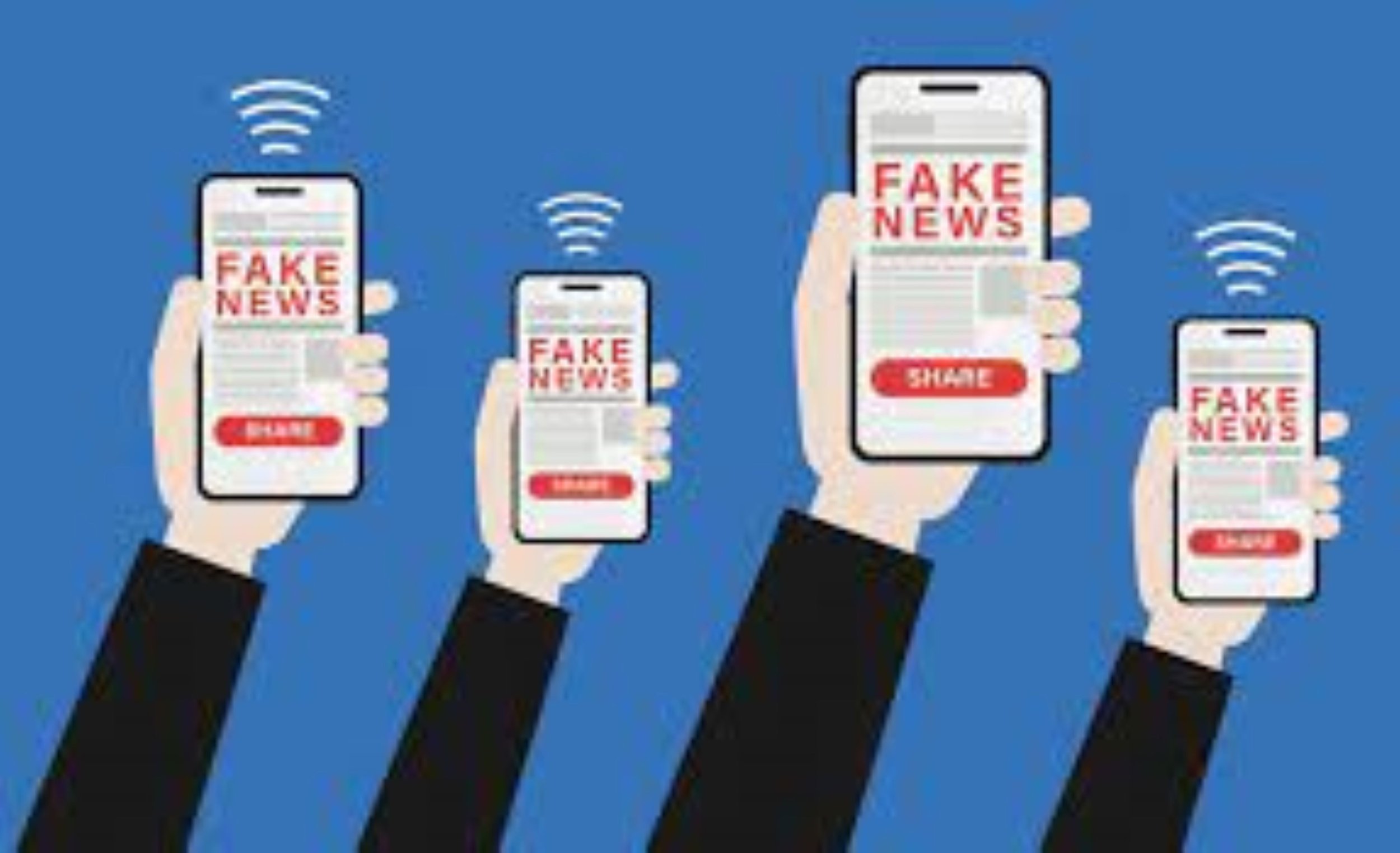In Nigeria, fake news can change the results of polls, make a place unsafe, and make friends laugh. In health situations like Ebola and COVID-19, fake news has killed people and stopped them from getting vaccinated.
With My AI Factcheck, Brain Builders Youth Development Initiative (BBYDI)’s new project, FactCheck Africa, uses AI to help Nigerians fight fake news.
In a video call, Abideen Olasupo, BBYDI Global Director, said, “We’re talking about false and misleading information about governance and accountability, climate change, and the SDGs.”
“FactCheck Africa uses AI and trustworthy news sources to check claims,” BBYDI product development manager Alamin Musa said.
Does that work?
Read also: Fake News causes disturbance in cryptocurrency industry
An ABC remedy
Their goal is to help people tell the difference between fact and fiction. Musa suggested that to do this, “a synergy of artificial intelligence and reputable news sources” should be used. FactCheck Africa uses Google’s fact-checking API and GPT-4 to make its tools stronger.
They use a simple computer app for FactCheck Africa. When a claim is made, the AI engine starts up. It looks for proof on the internet and well-known news sites. What was the result? When the AI can’t answer, a clear answer or an admission that it doesn’t know. They say that openness is needed for fact-checking to be credible.
A well-known lie about the death of Nigeria’s former president, Muhammadu Buhari, was used to test the program. A sentiment analysis, two primary sources, 18 secondary sources, and a decision on fake news were all shown in seconds.
What happens next? Through this technology and reliable news sources, the company makes a system that works with both.
The solution seems simple to those with internet access, but others without are worried. Osupo says FactCheck Africa is driven by accessibility. We reached almost 10 million Nigerians with our radio programs during the elections. Radio will air fact-checks. Callers can utilize a toll-free number or USSD code, and our fact-checkers will verify stories.
FactCheck Africa aims to make fact-checking accessible. Their FactChecking web tool translates English, Hausa, Yoruba, Igbo, and French.
Verify Africa’s future
BBYDI has launched several anti-fake news projects. We founded KnowCovid19Ng in 2020 to educate Nigerians about COVID-19 myths. Before the 2023 general elections, the Nigerian Civil Society Organization (CSO) launched Factcheck elections Ng to verify politicians’ claims and stop fake news. Fake news spread after the elections. In response, BBYDI, now FactCheck Africa, developed the My AI Factcheck platform to integrate their programs into one holistic plan to battle fake news in Nigeria and West Africa.
We made the US West African Tech Challenge finals last month [September 2023]. Olasupo told the Media that their financial support will enable us to expand into other West African countries.
The competition guarantees $250,000 for finalists, but Olasupo doesn’t know the number. FactCheck Africa wants to use the award to expand media literacy by partnering with the Nigerian Union of Journalists and gamifying their AI tool to induct teens.
“We are building a gamified fact-checking platform that simulates fake news writers and encourages them to gain followers without losing credibility. Gamifying misinformation and disinformation combating instead of discussing it in class has been proven to engage students, Oladupo said.
While well-defined, the civic tech tool’s future will confront obstacles, including user acceptance. The organization believes its civic campaigning experience would help them reach Nigerians and West Africans.
